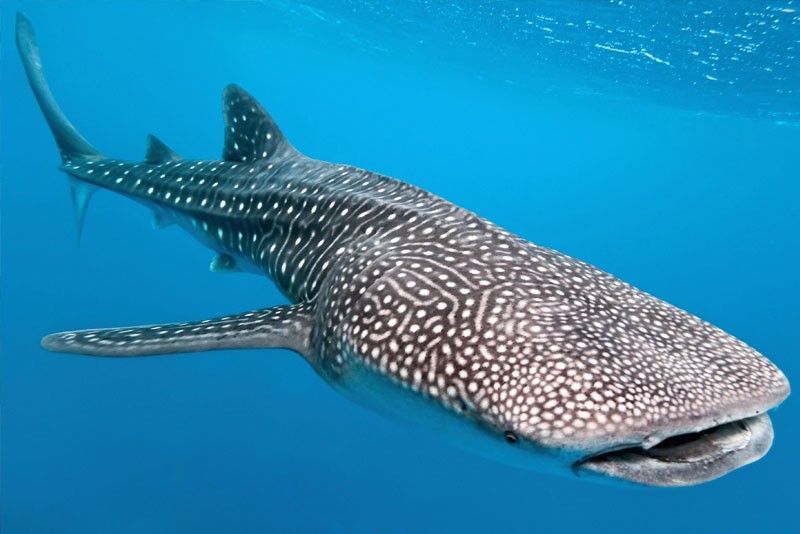Oslob shark tourism cited by National Geographic

MANILA, Philippines — National Geographic has cited Oslob in Cebu for its shark tourism industry, describing it as a booming business despite its effects on wildlife still being debated on.
“In the Philippines, whale shark tourism is a booming business. But questions have arisen about how this activity could harm the animals,” Kennedy Warne of National Geographic said in a story posted on its website.
Shark viewing or shark watching uses baiting or provisioning to attract animals.
“In this town, near the southern tip of Cebu island in the Philippines, whale sharks are a big draw. Tourism is booming for people who want to watch, swim with and take photographs next to the world’s biggest fish,” Warne said.
Warne said the shark tourism in Oslob has become the largest such venture in the world since it began in 2011.
“But the operation is controversial, because whale sharks don’t naturally gather here, unlike other such sites in the country. The Oslob sharks are hand-fed, and this essentially guarantees they will show up to thrill guests, who can snap close-range photos,” he added.
Warne emphasized that while shark watching is still an industry being debated on due to its impact on the wildlife, the Oslob shark tourism industry has seen some benefits, particularly the conservation of these sharks.
He added that there has been reduction in fishing pressure around Oslob.
“The 170 or so members of the local fishermen’s association, who feed the sharks and ferry the guests, no longer need to catch fish for food from increasingly depleted reefs. Likewise, fishers nearby can earn a living supplying the several hundred pounds of shrimp needed for each day’s shark food, thus placing less pressure on declining fish stocks,” he said.
The article added that the shark tourism industry also benefits the local Oslob economy as it attracts tourists.
“At night, the Oslob coastline twinkles with the lights of more than 50 hostels, resorts and guesthouses, as well as local homes,” National Geographic said.
Despite the benefits of the shark tourism industry to Cebu, scientists worry that sharks that take advantage of the free feed for prolonged periods may suffer ill effects, both physiologically and behaviorally. However, these effects are still unknown today.
“While research has begun, conducted for example by the Large Marine Vertebrates Research Institute Philippines, basic questions about the influence of this feeding remain unanswered. The shrimp they’re fed is a less diverse mix of planktonic creatures than what they would consume naturally. It’s not junk food, but neither is it necessarily a healthy diet,” National Geographic said.
Moreover, the article also pointed out while whale sharks have been nationally protected by the Philippines since 1998, some form of danger may still harm these sharks, particularly caused by boats, since they associate boats with free food.
“Almost half of the whale sharks studied at Oslob have propeller cuts on their bodies, which must have happened elsewhere, since the operation uses only hand-paddled vessels. These animals may also be more likely to one day approach a shark-fishing vessel,” National Geographic said.
According to earlier reports, the provincial government of Cebu is eyeing to implement a carrying capacity for BarangayTan-anawan in Oslob, an area popular with tourists for whale shark watching.
The said barangay sees an average of 1,000 tourists a day.
- Latest
- Trending






























